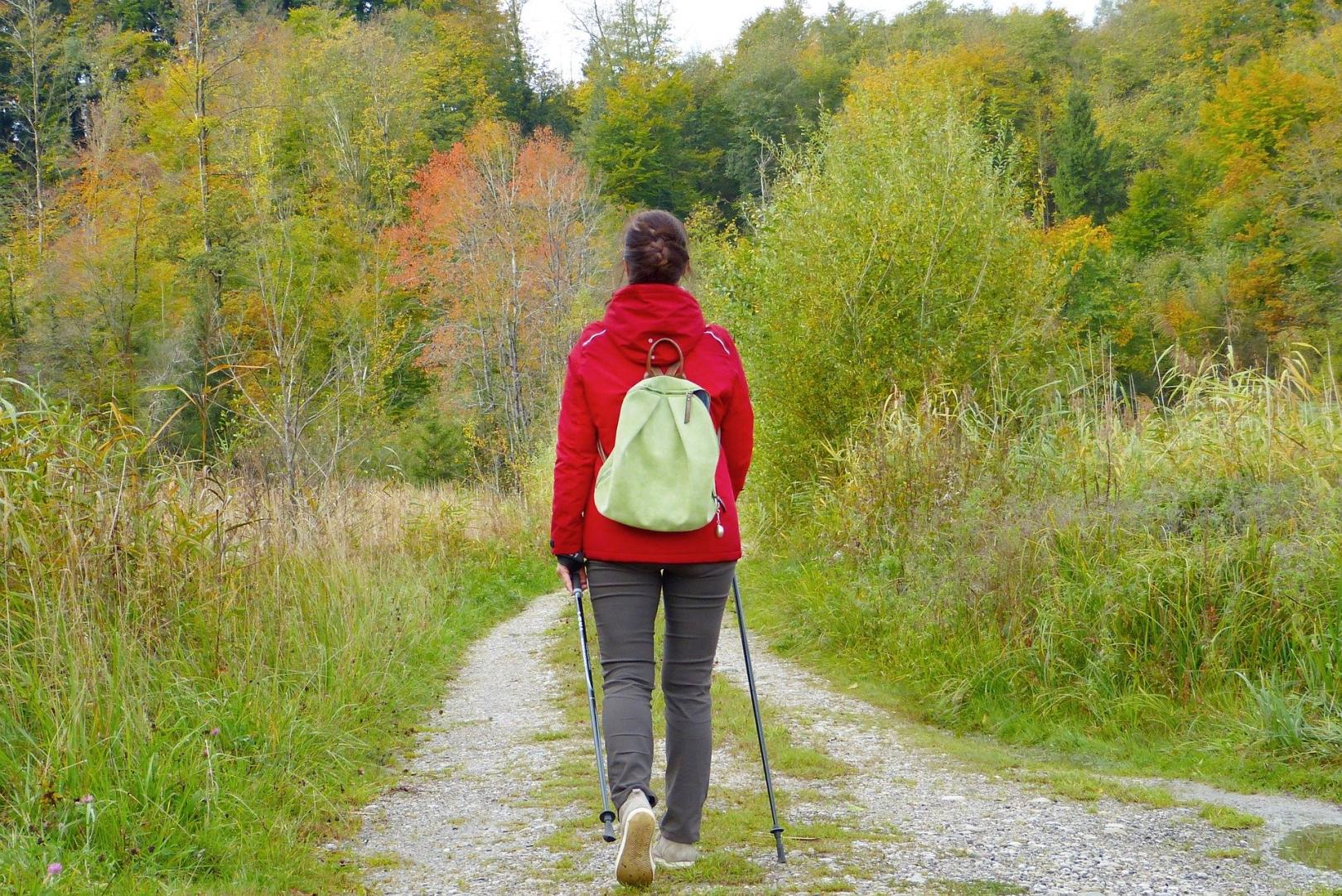
Date:
How many times in the past month have you opened an email or clicked on a headline, only to encounter the following phase, “these are stressful times” – or perhaps it was, “these are unprecedented and stressful times”? The COVID-19 pandemic has thrown so many of our financial, professional, and personal lives for a loop. But, did you know that added stress can also put your physical health at risk? To understand how, let’s think about how our stress response and immune systems work.
First, picture a normal stress response. Imagine you are a prehistoric human and you spot a tiger… or you missed your bus and you’re running late for your morning appointment. When you pick up these cues, your brain activates the stress response system in your body, also known as your “fight-or-flight” response. When you are in “fight-or-flight,” stress hormones like adrenaline and cortisol are released into your bloodstream. Adrenaline increases your heart rate and dilates your pupils. Meanwhile, cortisol makes glucose more available to your muscles and brain. Before you know it, you’ve evaded that tiger and hailed the nearest cab. But the key to a healthy stress response is what happens next: the threat passes, your stress hormone levels drop, and life goes back to normal.
Well then, what happens if you’re living through a pandemic and those stress hormones don’t get a chance to drop back down? Unfortunately, the answer is bleak. Chronic stress has been associated with several negative health consequences, including weight gain and high blood pressure. And, in a particularly unfair form of irony, stress also decreases the immune system’s ability to fight off infections. In a study that intentionally infected 394 healthy volunteers with mild respiratory viruses (e.g. the common cold), researchers found a significant correlation between participants’ degree of self-reported stress and the severity of their respiratory symptoms.
Today, a whole field of researchers who focus on “psychoneuroimmunology” are actively working to understand exactly how psychological stress can dampen your immune response. Your body has an army of immune cells that are constantly working to protect you from infection. These immune cells can sense when stress hormones are elevated. At first, your immune system might be enhanced by an increase in stress hormones. This could be related to the increased risk that you are under in “fight-or-flight” mode. If you scrape your knee while you’re running away from a tiger, you’ll need your immune system to help heal the cut. However, if stress hormones remain elevated for too long, your immune system begins to deteriorate. For example, during chronic stress your body makes fewer immune cells. The immune cells that it does make are less mobile and less effective.
So, are you doomed to be stressed and sick forever? Nope! You have some control over your stress hormone levels by incorporating simple self-care practices into your daily routine. Meditation and deep breathing can help manage your stress. Although these strategies might sound hokey to some, randomized clinical trials have shown that participants using these methods have cortisol levels ~30% lower than control groups. It really does work! Other effective self-care strategies include maintaining your social networks via online video chats and exercising (e.g. going for walks with members of your household or even dancing in the kitchen). Regardless of the specific activity, set aside some time each day to be intentional about relaxing and enjoying yourself. By trying to lower the levels of stress hormones circulating in your bloodstream, you’re helping your immune system get a chance to recoup!
If these strategies aren’t enough, don’t be afraid to seek out professional help. Therapists are offering virtual therapy sessions while businesses remain closed. In addition, there are several organizations like the CDC and The National Alliance on Mental Illness (NAMI) that can help you find affordable and/or free resources to cope with stress you might be experiencing as a result of the COVID-19 pandemic.


